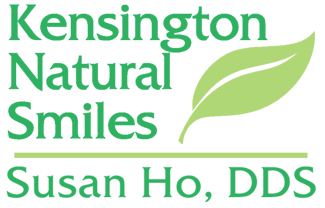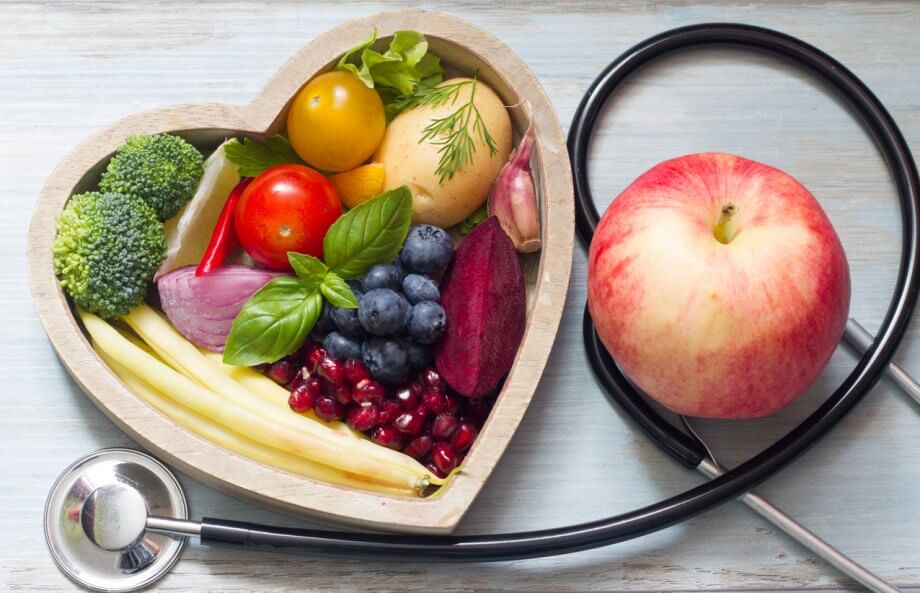Dental health follows a cycle. You need healthy teeth to continue to eat the foods that you like, but what you eat defines the health of your teeth. You can’t have healthy teeth if you don’t eat the things that make them healthy and continue to overeat the things that hurt your teeth. So, it is important for you to understand how your diet changes your teeth. Here is a look at how diet affects your dental health.
Sugary Sweets Feed Bad Dental Bacteria and Promote Decay
Your taste buds are drawn to sweet foods. However, they can cause problems with your dental health. Sugar promotes the growth of bacteria in your mouth. Some of that bacteria is helpful in keeping various body parts healthy, but an abundance of sugar promotes the growth of bad bacteria. When you have too much of that bacteria, it can start to eat away at your teeth.
Acidic Foods
Acidic foods can have a more direct effect on your teeth. They raise the acid level in your mouth above what your saliva and other fluids can neutralize. The result is the corrosion of the enamel on your teeth. Long-term exposure to high acid levels in your mouth can wear down your teeth, as well as irritate the softer parts of your mouth. Try to avoid eating acidic foods alone to limit the impact on your teeth. When they are mixed in with other foods, they are somewhat neutralized and have less of an effect.
Soda and Juice Encourages Dental Decay
Soda is especially bad for your teeth for a number of reasons. In general, soda is made from chemicals that erode your teeth. Soda can kill the good bacteria in your mouth. This also leads to discoloration and overall bad dental hygiene. Juice, while more natural, can have a similar effect. Many juices have added sugar to make them more palatable. Plus, they have natural properties that can make them acidic or otherwise erode your teeth. While they may taste good, try to drink them in moderation.
Protein-rich Foods Help Enamel
There are things that you can eat to help heal and protect your teeth. For example, look for foods that are rich in proteins. They help rebuild your teeth, including the enamel for added protection. Common protein-rich foods include chicken, fish, and eggs. Many proteins also contain phosphorus, which can help strengthen your teeth.
Cheese, Leafy Greens, and Almonds Have Calcium
Your teeth are small exposed bones in your mouth. Like all other bones, they can benefit from more calcium. Bones are generally made out of calcium, so make sure that there is more than enough available helps your teeth stay healthy and strong. Cheese, leafy greens, and almonds are all common options that have calcium, and you can add them to a variety of meal options to supplement your daily calcium needs.
Benefits of Limiting Snacking
If you are struggling to find ways of cutting bad foods and eating more of the good foods, then try to limit snacking. When most people go for snacks, they tend to choose unhealthy options. Sodas, juices, and candies are available in most places, so it is easy to slip up and eat things that you shouldn’t. If you can resist the urge to snack, then you can wait until better options are available. You can also plan your meals to help improve your overall health and to give your teeth time to remain clean in between meals.
Ready to Get Started?
If you are ready to start your journey to oral health with a compassionate, experienced, and patient-focused dental team, please contact Kensington Natural Smiles at 301-933-3903 to schedule your first appointment.

